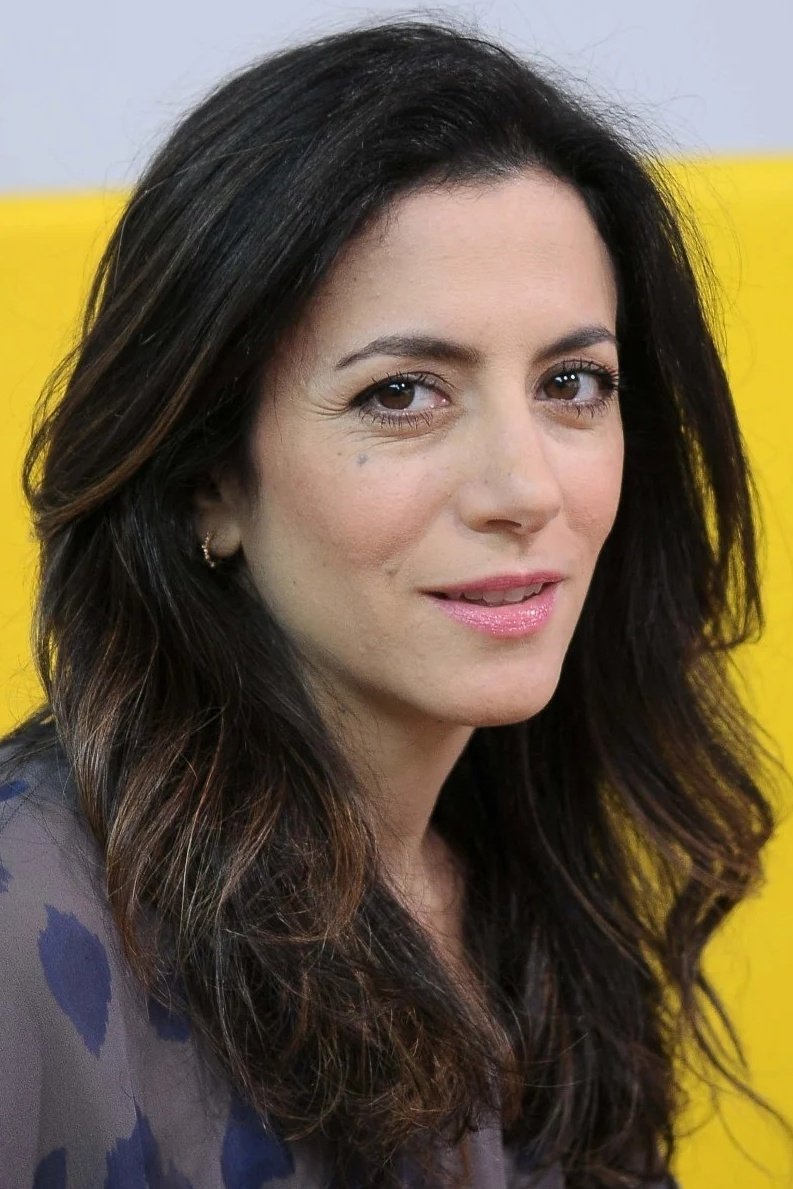

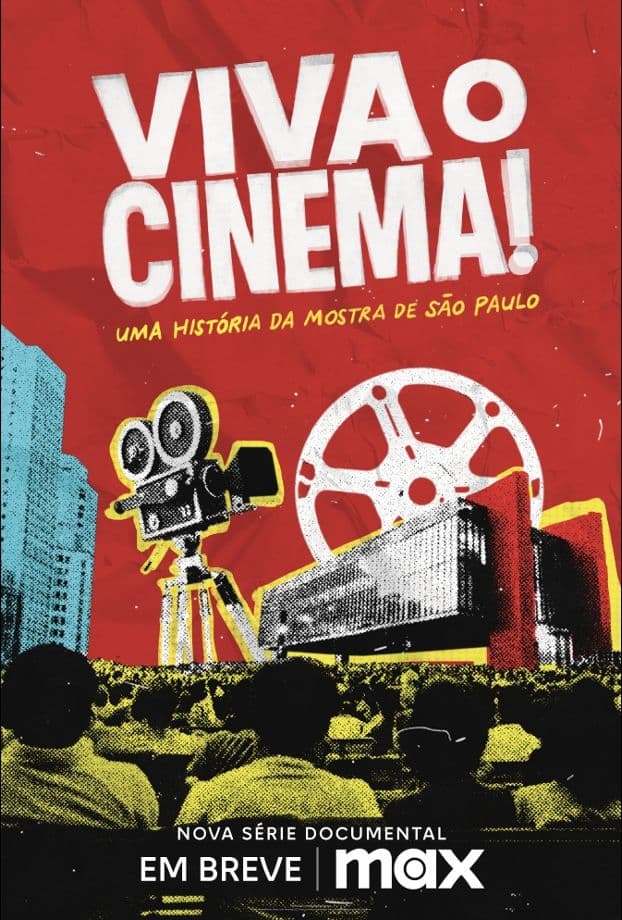
The series tells the story of the São Paulo International Film Festival, one of the most traditional cultural events in Latin America. For 48 years, the festival has showcased hundreds of films from all over the world, bringing vibrancy to the city. Filmmaker Marina Person provides an irreverent perspective, highlighting the exciting and unusual stories that have marked the festival’s journey of resistance. The series reveals the individuals who have embraced the challenge of organizing this significant cultural event in Brazil every year, despite often challenging conditions. We also delves into how the Mostra has grown to become one of the main festivals globally, shedding light on the changes in cinema, Brazil, and the world over the years.
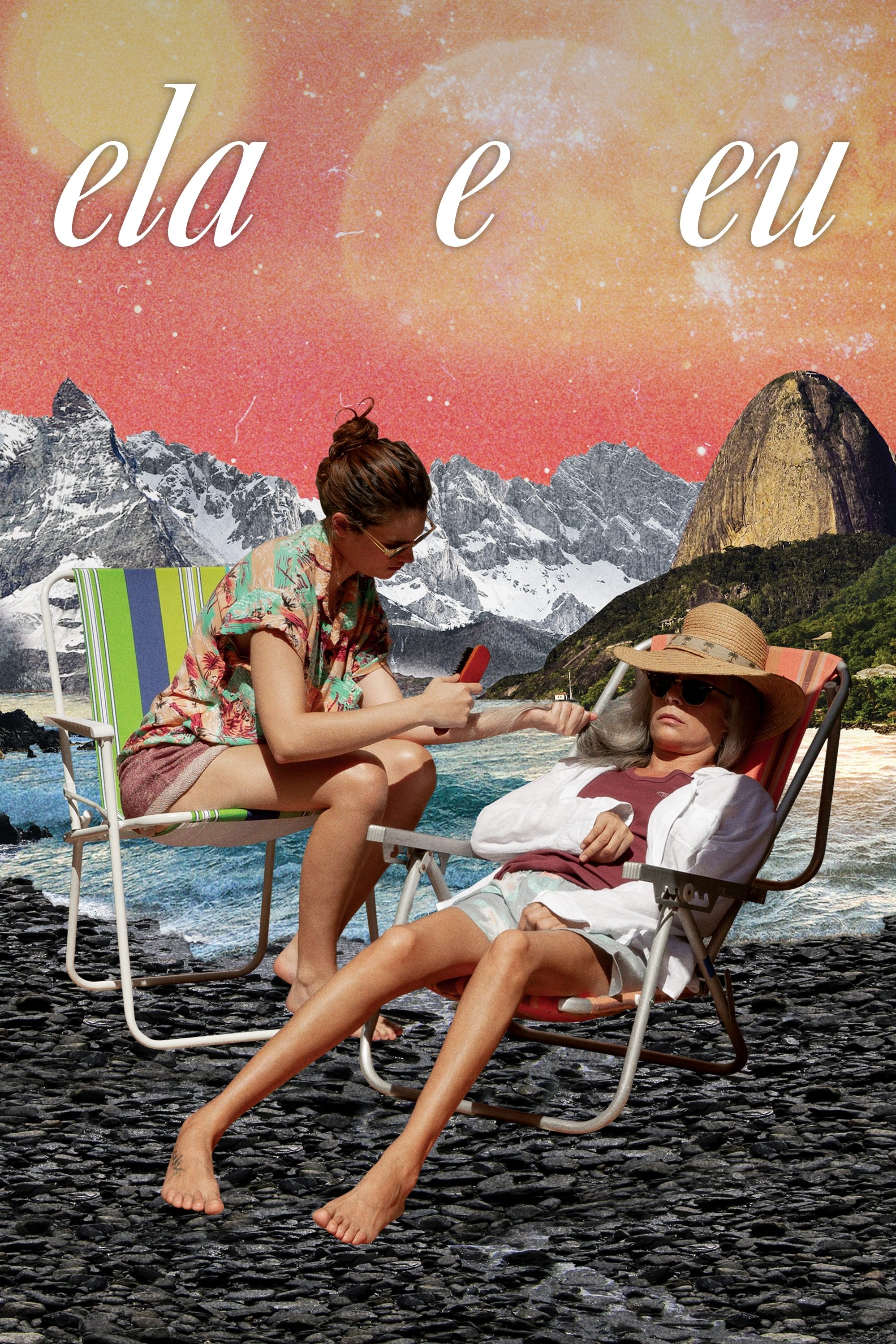
20 years ago, Bia fell into a coma when her daughter was born, but that hasn't stopped her from being part of the family's daily life for all that time, even if she's unconscious. One day, extraordinarily, Bia wakes up and causes a radical change in the lives of everyone around her. While she needs to relearn how to talk, walk and relate, her adult daughter, her ex-husband and his current wife will have to readjust to a new family configuration, much more complex and full of challenges.
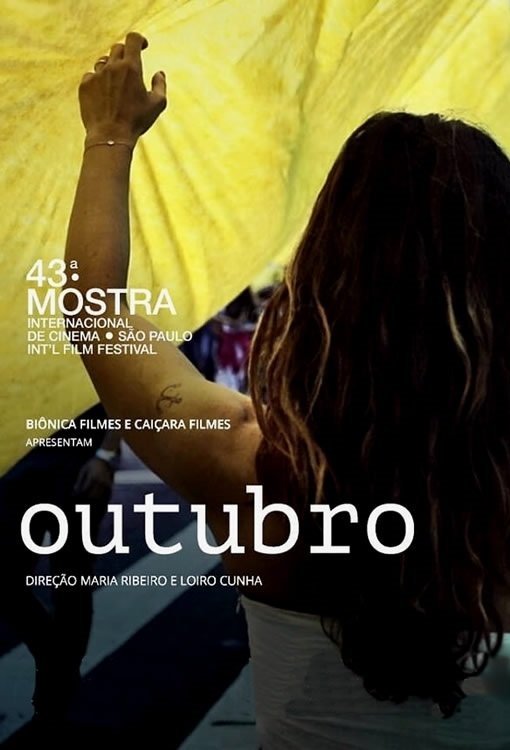
A view of Brazil's 2018 Presidential Elections, held in October of that year. The polarizing Election led to the rise of far-right President Jair Bolsonaro
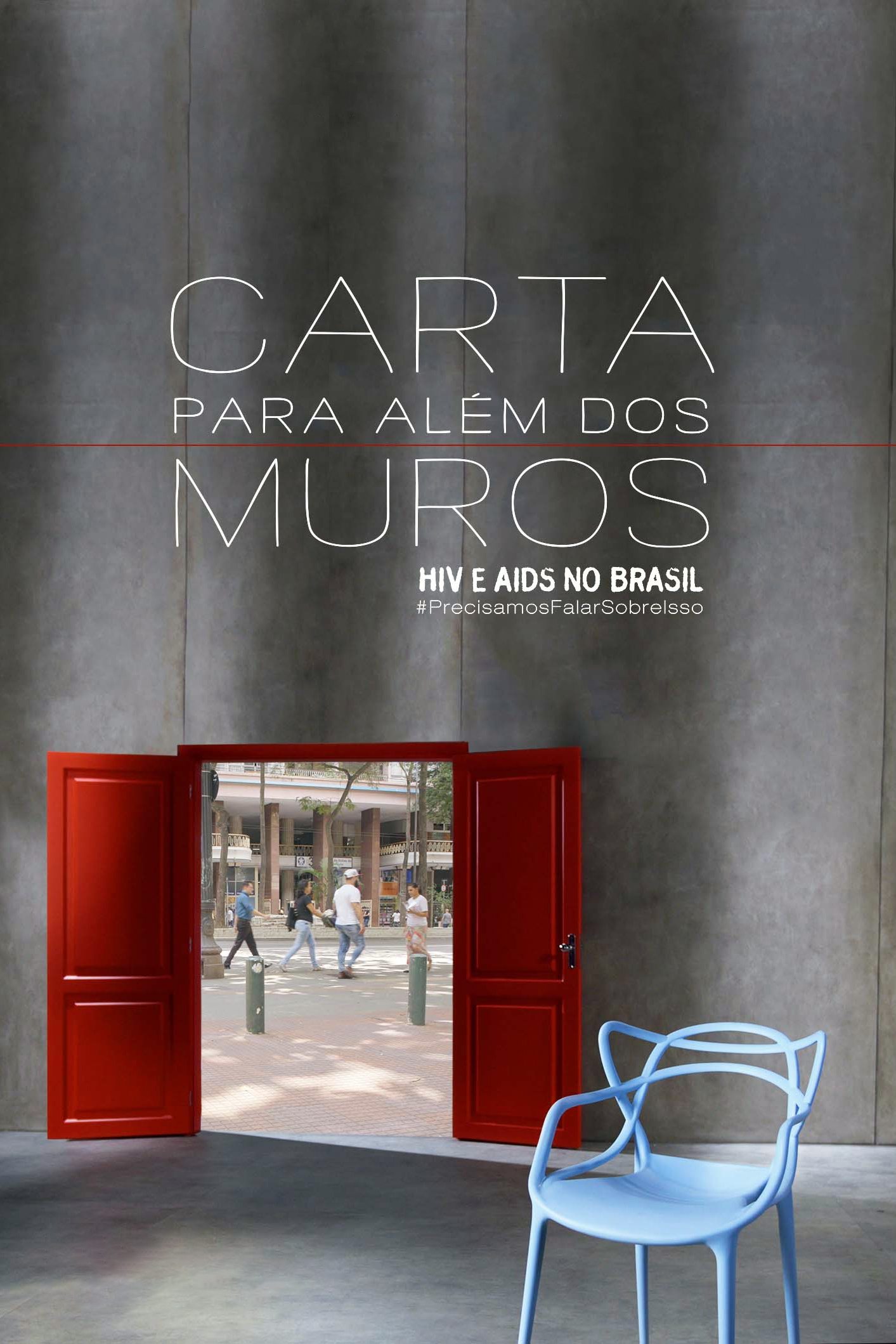
Letter Beyond the Walls reconstructs the trajectory of HIV and AIDS with a focus on Brazil, through interviews with doctors, activists, patients and other actors, in addition to extensive archival material. From the initial panic to awareness campaigns, passing through the stigma imposed on people living with HIV, the documentary shows how society faced this epidemic in its deadliest phase over more than two decades. With this historical approach as its base, the film looks at the way HIV is viewed in today's society, revealing a picture of persistent misinformation and prejudice, which especially affects Brazil’s most historically vulnerable populations.
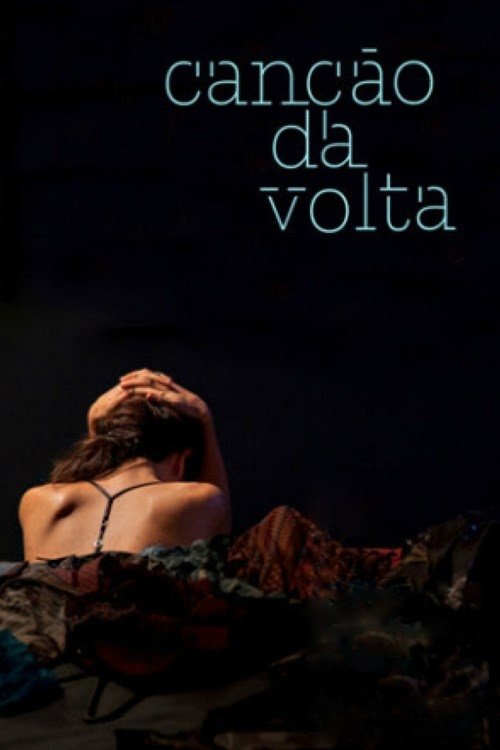
One day, Eduardo arrives at his house and discovers that Julia, his wife, tried to commit suicide. She left her husband and two children without saying goodbye. After some time, she comes back home. He tries everything to set her straight, but the impossibility of knowing her fully grieves him. The shadow of the suicide and the inevitable ghost of a new chance hover over their heads. Eduardo insists on understanding his wife, but an increasing jealousy and an unexpected discovery of her past torture him. He does not realize that, most of the time, the search for control easily becomes an obsession.
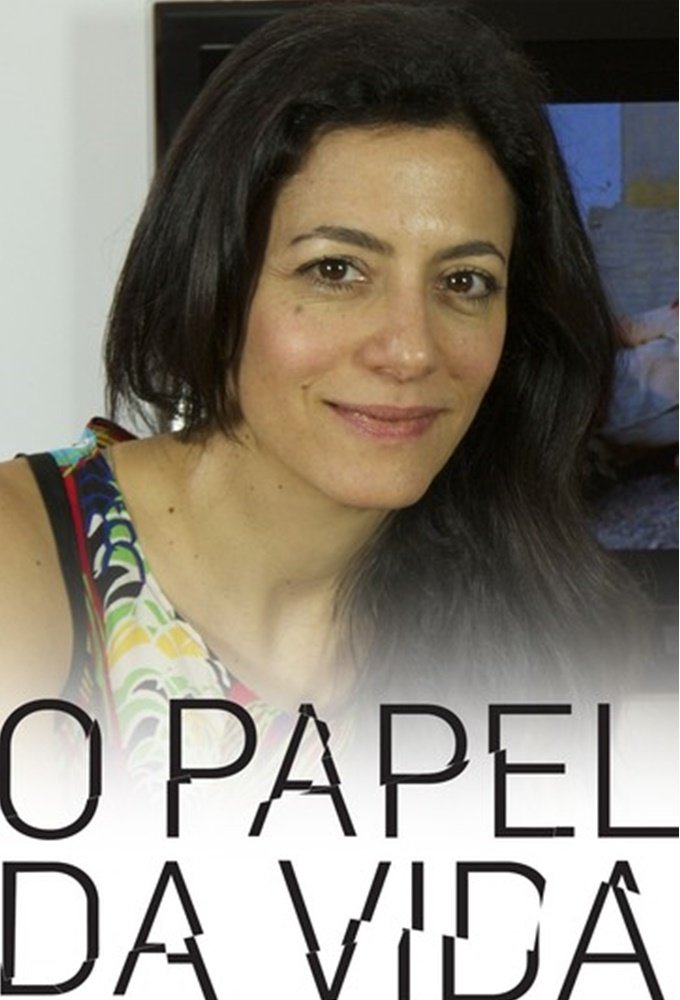
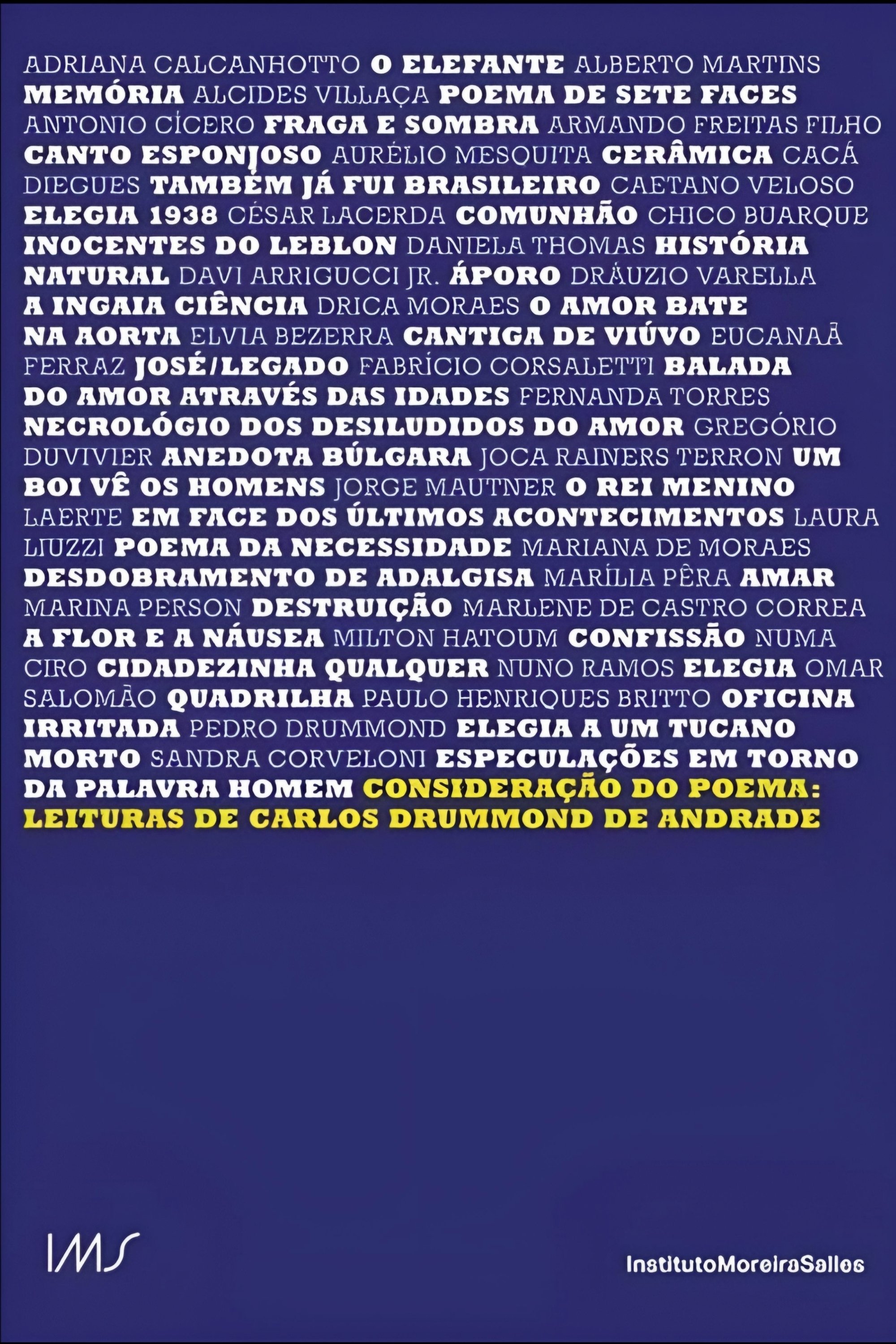
Carlos Drummond de Andrade's poetry is read by exponents of Brazilian culture, such as Chico Buarque, Caetano Veloso, Adriana Calcanhoto, Fernanda Torres, Marilia Pera, Antonio Cicero and others.
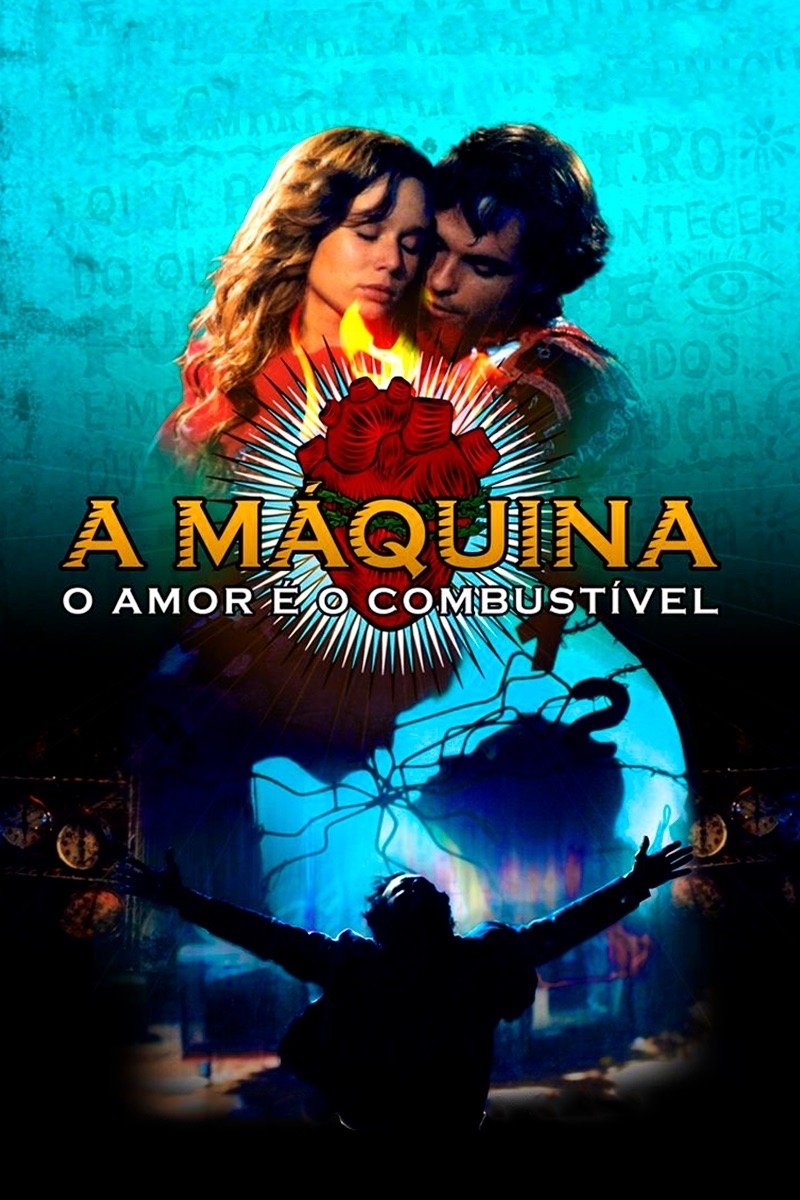
In Nordestina, a small town lost in the Brazilian badlands, young Karina dreams of becoming an actress and leaving to explore the world. Before losing his love, Dona Nazaré’s son, Antônio, takes the first step in a kamikaze crusade to bring the world to Karina. For that, Antônio leaves town and announces, in a TV show that he will set off on a sensational adventure: a trip into the future, starting from Nordestina’s square. A story where dreams contradict reality, geographical and political conditions threaten to block life, and love plays the part of the transforming element.
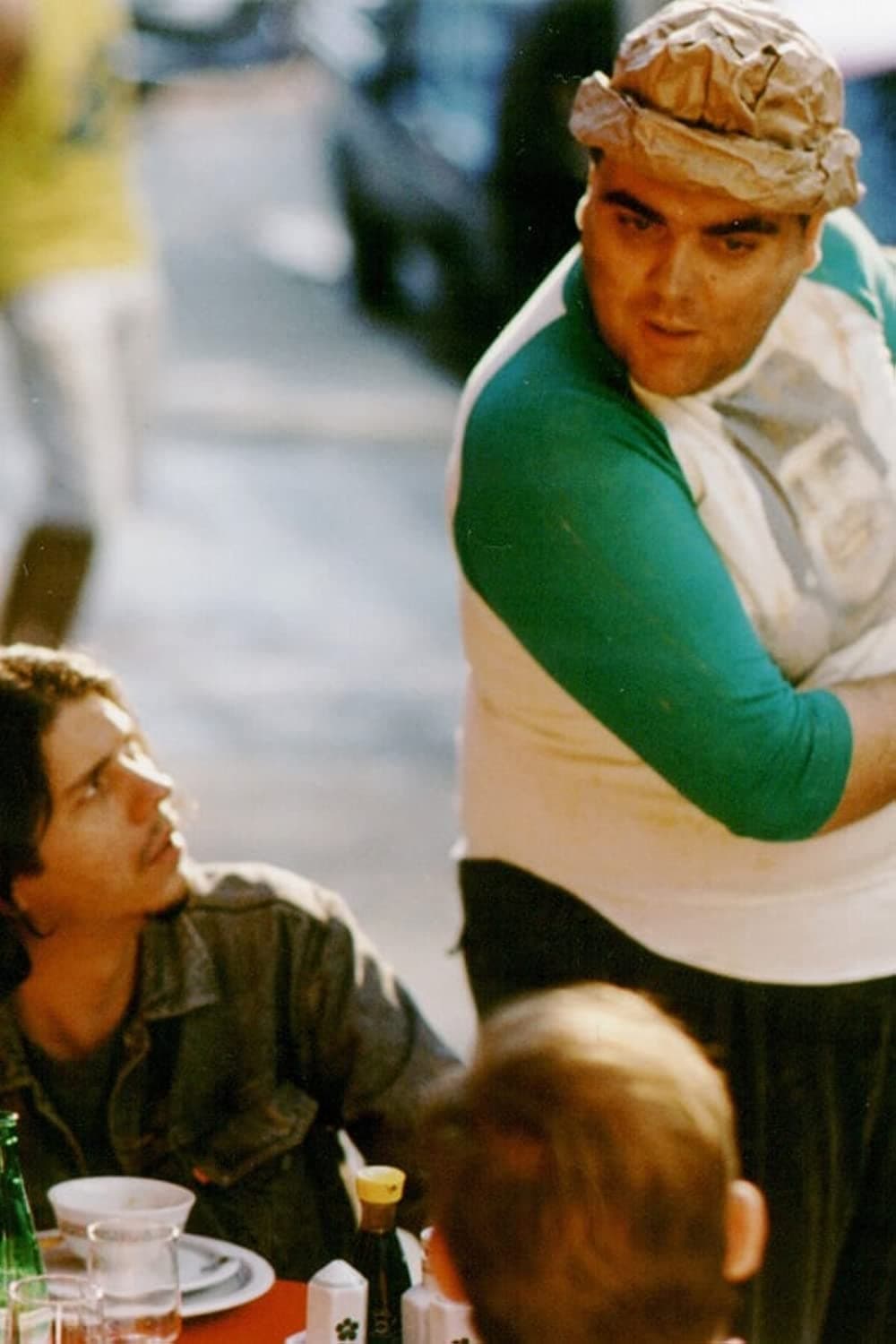
Five friends meet for lunch. Nothing could be more mundane, but for some reason, no one stayed for dessert.
Marina Izaura Jeha Person (São Paulo, February 15, 1969) is a Brazilian actress, filmmaker and former MTV VJ.
By browsing this website, you accept our cookies policy.